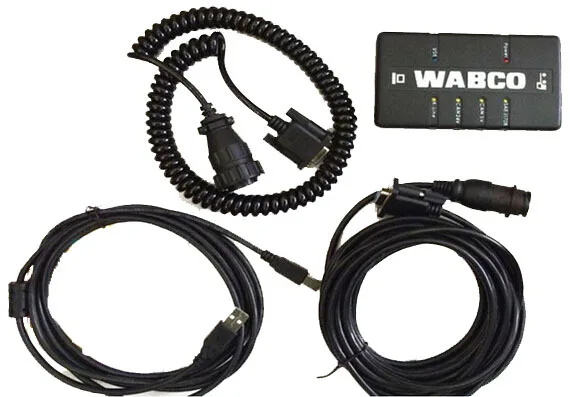

WDI MB TOOLS SERIES
Determine when a series of in-order frames is present. WDI always expects 802.11 headers.įor each RX MPDU, determine which slot of the Rx reordering array it goes to. Replace non-initial A-MSDU subframe headers with 802.11 headers, using the 802.11 header fields from the initial A-MSDU subframe as appropriate.ĭuring A-MSDU deaggregation, the non-initial MSDUs of the A-MSDU need their 802.3 header replaced by a generic 802.11 header. The operating system performs countermeasures if needed. Decapsulate the security header and footer. The target's decryption is bypassed.ĭecompose an RX A-MPDU into individual MPDUs.ĭecompose an RX A-MSDU into individual MSDUs.Įach RX MSDU is placed into a separate buffer.įor security types that involve an MSDU-level MIC, verify the received MIC. In host-implemented FIPS mode, the decryption is done within the host software. Functionĭecrypt the frame contents using the security type and security key specified for the sender. The following is a list of RX operations and offloads. Frame forwarding (forwarding decision and actuation).This Systematic Country Diagnostic (SCD) examines the challenges the government and people of Nigeria face in achieving the twin goals of poverty reduction and shared prosperity.These main categories of operation offloads are configurable. A key development challenge in Nigeria revolves around economic growth, which has had a limited impact on reducing poverty and building shared prosperity. Nigeria needs more inclusive economic growth, so more people can exit from poverty, and the country can evolve into a society with a sizable middle class, a viable social contract between the government and the people, and peace and prosperity across the nation.

Poverty has been rising in rural areas and in the northern zones, while the situation in the southern zones has generally been improving. Measured according to the US$1.90-a-day per capita purchasing power parity poverty line, it is estimated that 42.8 percent of Nigeria’s population was living in extreme poverty in 2016. However, significant poverty persists despite the government’s effort to reduce the high poverty rate. One-fifth of the population is in the middle class. It has the potential to become an economic powerhouse through the effective management of its abundant resources, including plentiful agricultural land, marine fisheries, hydropower, oil and gas, unexploited deposits of minerals and metals, a young labor force, and a strong entrepreneurship culture. It is richly endowed, has a relatively young, rural, and multiethnic population, and accounts for the largest economy and population in Africa.

With gross national income per capita of US$2,100 (in 2017 Atlas method, WDI), Nigeria is classified as a lower-middle-income country. Frequently referred to as the Giant of Africa, Nigeria is growing slower than its population and large numbers of people are poor.


 0 kommentar(er)
0 kommentar(er)
